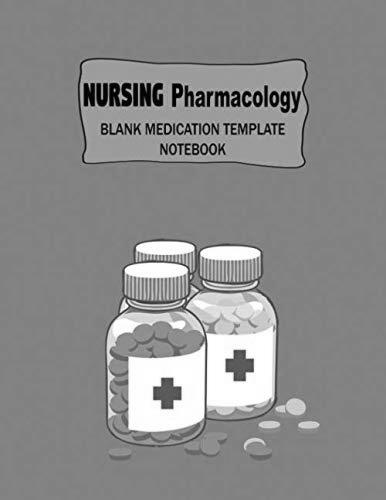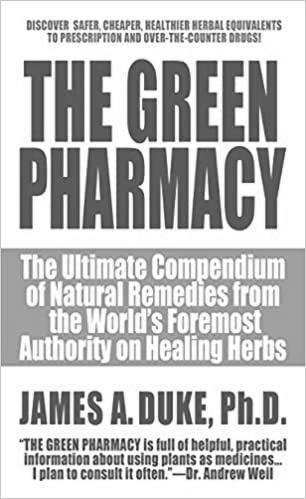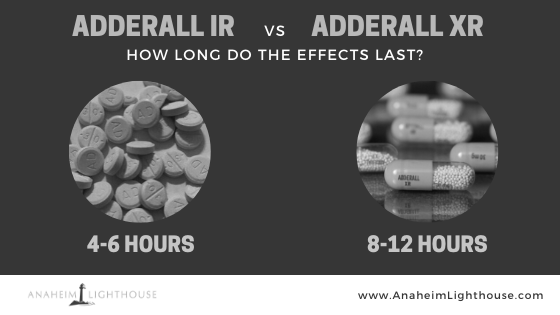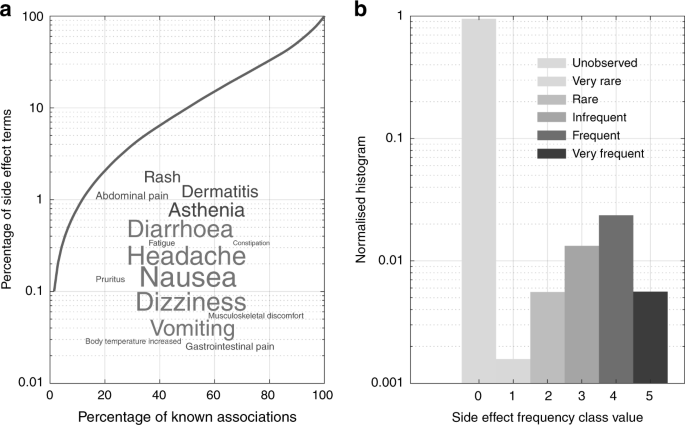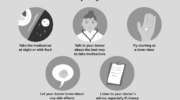To study pharmacology, you need to be patient in learning facts and concepts. There are hundreds of drugs, diseases, and conditions to learn about. It is best to avoid cramming for exams and invest in tools and techniques to help you memorize the material.
Infographics
Infographics are a new, attractive way to visually present information. They are simple, colourful, and concise. They have gained considerable interest in the commercial sector, and have also been used by healthcare practitioners to convey important medical messages. They can help patients and practitioners make informed decisions and may improve the relationship between the two. They are also an ideal way to make public health messages easier to understand.
Infographics have also been proven to be effective in overcoming language barriers. In Northern Ireland, for example, it is becoming increasingly common for doctors to interact with patients who do not speak English as their first language. This is due to the changing trends in migration, resulting in a growing population of non-English-speaking patients. Similarly, a Columbia University research team used infographics to communicate with people in a predominantly Latino, Dominican-American neighborhood in New York City. Researchers found that infographics work best when viewers can form symbolic analogies between concepts. For example, in one infographic, blood pressure was visually linked to the traffic light system.
Infographics are also a great way to commit large amounts of information to memory. Pharmacology infographics are especially effective for students studying pharmacology, as they compact essential critical facts into manageable chunks. These infographics also contain illustrations that make complex messages simple to understand.
Among the many benefits of pharmacology infographics, one is that they can help students learn the terminology of drugs. For example, drug names can be given funny names or cleverly crafted pictures. Students can also use this method to help them remember facts about a drug.
Mnemonics
Mnemonics are a great way to help you remember the various aspects of pharmacology and medicine. By using a specific acronym or initialism, you will be able to make abstract information more concrete and meaningful. They can also help you recall information faster and easier.
For example, a patient-centered mnemonic is a great way to help pharmacy students retain important drug therapy parameters. The mnemonic is simple, yet powerful. It provides students with a systematic approach to analyzing drug regimens. As a pharmacist, you need to be able to make drug therapy decisions based on the data gathered. This is an acquired skill, but mnemonics can help you make better decisions about the appropriate drug therapy for a patient.
Another study looked at the efficacy of mnemonics for studying pharmacology. It found that students who had the mnemonic before a case-based exam needed less time to review the material. However, there were some drawbacks to the mnemonic. It may be boring at first, and it might increase the time it takes to complete a pharmacotherapeutic analysis.
One of the most popular mnemonics involves the morphine drug. When used correctly, it prompts students to address additional critical areas of knowledge. Another useful acronym is PEMDAS, which stands for “Please Excuse My Dear Aunt Sally”. PEMDAS is a mnemonic that helps nurses remember the order of mathematical operations. It is a good way to memorize important information.
Mnemonics are an excellent tool for memorizing the many aspects of pharmacology. Whether you’re studying a specific topic or trying to recall the basics, a mnemonic will help you remember the information. The application also includes stories to help you remember the various terms.
Getting work experience in pharmacology
If you’re interested in a career in pharmacology, it’s vital that you get some real-world experience while you’re studying medicine. Pharmacologists do not directly treat patients, but they play a vital role in the medical field. They conduct research on various drugs and determine their safety. Pharmacologists also need to complete extensive graduate study.

Pharmacology is a field that’s full of opportunities. Pharmacologists study the action of drugs on the body and are responsible for the development of new medicines and improving the effectiveness of existing ones. They can work in a variety of settings, from academia to big pharmaceutical companies to startups and government.
Students at pharmacy schools typically spend a substantial amount of time dispensing and compounding medications. Most pharmacy students spend more than two-thirds of their time dispensing medications, and only about a third of their time working on research and patient care. The most common work settings for pharmacy students are hospital, chain, and independent community pharmacies. Students in a chain pharmacy spend 65% of their time dispensing medications, while students in an independent community pharmacy spend 67% of their time on patient care and 4% on consultations.
For students who are serious about a career in pharmacology, building a solid network is vital to achieving your goals. You should reach out to professors and graduate students at the schools you’re considering. These individuals can provide insight into the programs and give feedback on resumes.
For those with limited experience in the field of medicine, working in retail, restaurant, or bar work is a good way to gain valuable work experience. In addition, you’ll learn how to interact with people of all backgrounds. The work experience you gain will be invaluable in your future career.
MSP program at Emory University
The MSP program at Emory University is committed to building an inclusive, equitable learning environment on campus. This includes the creation of resources and opportunities for students, faculty, and staff to be involved in diverse activities. The program also emphasizes the importance of student involvement, with events organized by students and faculty to foster a sense of community.
Students enrolled in the MSP program are trained to enter a range of careers, including academia, pharmaceutical industry, and biotechnology. Graduates of this program have a strong background in basic biomedical science and advanced training in cutting-edge principles and approaches of pharmacology. The program is also a solid preparation for a career in academia, with specialization in pharmacology, the study of drugs’ adverse effects, and drug safety.
Students in the MSP program take classes focused on the fundamental principles of science, and they gain research experience through rotations in various laboratories. They then focus on their dissertation research in their chosen laboratory. They also take upper-level courses in specialized areas of interest, including signal transduction, receptors, ion channels, and molecular toxicology. Other courses focus on the development of human behavior, neurobiology, cardiovascular biology, and cancer biology.
The MSP program at Emory University has earned a reputation as one of the best graduate programs in pharmacology and toxicology. Its MSP program also has strong strengths in neuropharmacology, AIDS research, and cardiovascular pharmacology. Graduates from the program are prepared to take on careers in biotechnology, academic research, and patent law.
Molecular and systems pharmacology
Molecular and systems pharmacology can complement each other and contribute to better drug discovery and development. The hierarchical organization of living systems makes it possible to model drug actions at multiple levels, from gene and protein to cell and tissue. These approaches can also be used to develop personalized medicines.
The study of disease is increasingly driven by systems-level understanding of cellular biochemical processes, anchored in the human genome. Advances in translational research have shortened the time between basic research and clinical applications. For example, genomic and proteomic technologies have enabled the discovery of biomarker sets to predict disease progression. Microarray-based marker sets have helped to identify the different stages of cancer progression.
Systems pharmacology incorporates knowledge from several zoom levels, enabling new targets to be discovered and the basis for observed adverse effects to be explained. To prove the effectiveness of new treatments, discoveries made at the molecular level must be validated at the cellular, organ, and population levels. This requires the use of diverse approaches, and the use of different techniques.
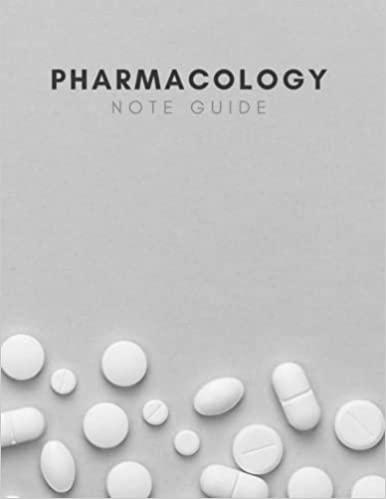
Computational pharmacology, meanwhile, uses mathematical models to simulate multiple variables that affect drug efficacy. These models can integrate data from various sources and can lead to the development of faster-acting and more effective regimens. They can also aid in the design of new biomolecules that function as sensors and actuators to dynamically probe complex biological processes in living cells.
Molecular and systems pharmacology can complement each other. The two fields share a common goal – to understand disease at multiple levels. They can help identify the mechanisms of action of existing drugs and identify off-target effects. Given the complexity of human physiology and pathology, it is important to develop a multi-faceted understanding of therapeutic intervention.
It is a class that requires a lot of reading, study, and memory. You must make sure that you can devote the time necessary for it. Even if you have a full schedule, it is important to schedule time for studying. Cramming can get you through an exam but won’t help you apply what you learned in practice.
It is a class that requires a lot of study
Pharmacology is one of the most challenging classes in nursing school, and it is an area that requires extensive study. In this class, students learn how different drugs work and how the body processes them. They also study how to properly administer medications to patients during clinicals. They also have to learn how to calculate the right dose of a given drug, which can prove to be difficult if you’ve never studied pharmacology.
While pharmacology can be a difficult class, it is also one of the most important. You must remember that many medications have high dosages and side effects. You shouldn’t feel intimidated to ask your professor questions; they’ll be more than willing to help you understand the material.
When choosing a pharmacology class, make sure that the teacher teaches it in an engaging and meaningful way. A variety of teaching methods can increase student interest in pharmacology and improve the overall quality of the class. For instance, using pharmacists to assist students in the class can help improve the content of the course. Additionally, work sessions that involve real-world problem-solving activities can help nursing students gain confidence in their abilities. Finally, incorporating biweekly quizzes into the course can assess students’ understanding over the term.
Pharmacology is one of the most difficult classes in nursing school, so it’s crucial to make sure you put in the time to prepare thoroughly. This course is important for your career in the nursing field. It’s an essential course for aspiring nurses who want to work in hospitals or medical centers.
It is a class that requires a lot of reading
Pharmacology is one of the classes in nursing school that requires a lot of reading. This class covers hundreds of different drugs, diseases, and conditions. This means that you’ll need a lot of patience and focus in order to learn everything. To ensure success, you can use the many study tools and techniques available at Chamberlain. These resources will help you remember information and help you lock it into your long-term memory.
Pharmacology is an important part of nursing school, as wrongly administered medications can cost a nurse their license. However, most nursing students struggle with the content in these classes. For example, they have trouble understanding the calculation and metabolism of drugs. The course covers topics such as Drug Metabolism, Excretion Mechanisms, and Non-Prescription Medications.
As a nurse, you’ll need to know when to give certain medicines to patients and their interactions. You’ll also need to know how much to give each medication and how to calculate the proper dosage. Knowing how to calculate drug dosages is crucial because it prevents mistakes and adverse effects due to poor nurse practice. You’ll need to tailor a study plan for pharmacology that suits your learning style and your schedule. You’ll want to read lecture notes and review questions if possible. Alternatively, you can use a study guide to help you understand the concepts.
Pharmacology is an important class for all nurses. It’s a great way to gain a foundation in medicine and improve your communication skills. It’s important to ask questions, and your professors will be more than willing to explain any questions that you might have.
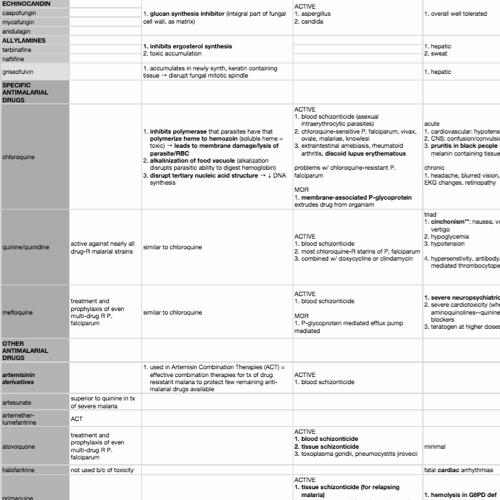
It is a class that requires a lot of memory
If you’re in nursing school, you’ve probably heard that pharmacology is a class that requires voluminous amounts of memory. That’s because the class covers hundreds of different drugs, and you’ll have to memorize their names, mechanisms of action, adverse effects, and possible drug-drug interactions. The class’s content is also constantly evolving, meaning that you’ll likely have to learn more as you progress through your nursing program.
Fortunately, there are some strategies for studying pharmacology. For example, you can organize your study time by blocking it out in your schedule. For instance, if you’re studying for a test on Thursday, try to study for it on Monday or Tuesday. Once you’ve blocked out the time for studying, stick to the schedule and don’t procrastinate.
One method of learning pharmacology is by using medication cards. These cards are extremely effective at helping nursing students to retain the information that they need to pass their pharmacology exam. Flashcards are also a good idea. These cards will help you study for pharmacology faster and easier.
If you have problems remembering the information in this class, try to avoid stress. Remember that it is a human class and sometimes you may have personal issues that prevent you from fully understanding the content. For example, you may have been sick, or had a heavy course load. But that does not mean you’ll always fail a class – it’s just a learning experience and you can improve the next time around.
It is a class that requires a lot of juggling
There are many ways to study pharmacology, but the key is to organize your time and avoid distractions. Use flashcards, mnemonics, and books to help you learn the material. Using online resources is also helpful. You can take online courses that allow you to interact with a tutor, schedule study sessions with the tutor, and more.
When you are studying for pharmacology, you’ll be expected to learn a large amount of information very quickly. You’ll also need to take on other classes at the same time, so you’ll have to prioritize and set aside plenty of time for studying. Cramming can make the material easier to remember, but it won’t help you apply what you learn.
It’s important to know what you’re studying and what your teacher expects of you. The course material is extensive, but the textbook doesn’t demonstrate every detail. You’ll have to answer questions in a way that makes it easy for you to understand and retain the information.
It is a class that does not have a single teaching method
Pharmacology is a class that requires nurses to master a variety of terms and concepts. This class is not taught in one method, so students are encouraged to study at home. This will refresh their memories and help them remember concepts from class. They should also make use of flashcards that will help them study the material. One of the best ways to study for pharmacology is to use pre-made note cards. These can be purchased from nurse in the Making or LevelUp RN.
Pharmacology is a class that does require patience. Students will have to learn hundreds of different drugs, diseases, and conditions. Students should not try to memorize information using cramming methods. Instead, they should invest in the right tools and techniques to help them learn the information. They should also commit to sticking to their study plan and not procrastinate.
Students should prioritize studying pharmacology by choosing which material is essential and which is optional. Pharmacology is an important class for nursing students because nurses must understand the effects of different medications and avoid giving patients the wrong dose. They should also know how to calculate drug dosages, which can lead to mistakes in treatment. This class contains a huge amount of content, and most nursing students struggle with it. However, there are several methods that can help students learn pharmacology: reading notes from lectures, writing down notes, or reviewing questions and assignments.
Students who are having trouble learning this class can utilize online resources to refresh their knowledge. A good website to learn about drugs is Drugs.com, which offers a website with free and paid resources. Another excellent option is YouTube, which has an abundance of videos on a variety of topics.
